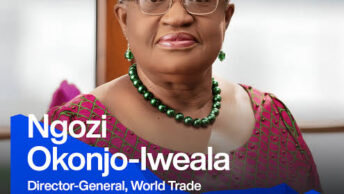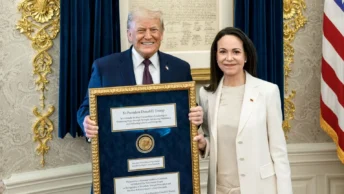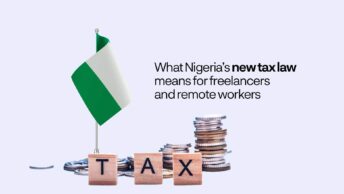Many Cameroonians are caught between shock and disbelief.
It is a national tragedy garbed in legitimacy, a democracy hollowed out by time. Cameroon’s Paul Biya, 92, remains in power after 43 years, defying mortality, opposition, and modern democratic norms. His rule has outlasted popes, monarchs, and generations of his own citizens. In a continent eager for renewal, Biya’s continued grip on power has become both an embarrassment and a cautionary tale.
When Biya first assumed office in 1982, Ronald Reagan was in the White House, and most of Cameroon’s population today had not yet been born. Now, with an entire generation growing up knowing no other leader, young Cameroonians are questioning how a single man could embody the destiny of a nation for so long. But their demands for reform and transparency have largely fallen on deaf ears, stifled by a political system carefully engineered to protect power, not distribute it.

Biya’s decision to seek another seven-year mandate has reignited debate across Africa about the continent’s “forever presidents.” Critics say his latest bid is not merely about continuity but control — an attempt to preserve an aging dynasty that thrives on opacity and fear. His absences from the country, often stretching for weeks at a time, have only deepened doubts about who really governs Cameroon.
For years, extended stays at the Intercontinental Hotel in Geneva have become synonymous with Biya’s presidency. It is from there, many believe, that he continues to rule by remote control, surrounded by loyalists and shielded from scrutiny. Reports suggest that major decisions are increasingly handled by his inner circle — particularly his powerful Secretary-General, Ferdinand Ngoh Ngoh, who is seen by many as the real operator behind the scenes.
Last year’s mysterious disappearance — nearly six weeks out of public sight following trips to France and China — reignited rumors of frailty and fatigue. Yet when Biya eventually returned to Yaoundé, state media presented it as a triumphant homecoming, complete with choreographed applause and choreographed loyalty.
Still, longevity alone does not explain Biya’s survival. His genius has been in managing Cameroon’s complex social and linguistic divides — between the French-speaking majority and the Anglophone minority, the equatorial south and the savannah north.
He has portrayed himself as the only man capable of keeping the fragile nation from imploding, a “necessary stabilizer” in a volatile region.
But stability has come at a price. Dissent is routinely crushed, elections are predictable, and opposition figures are often imprisoned or exiled. The media, too, operates under a cautious cloud, careful not to offend the presidency. Cameroon’s democracy, such as it is, exists largely on paper.
Biya’s rule fits neatly into a broader African pattern — the age of the permanent president. Alongside him stand:
– Teodoro Obiang Nguema Mbasogo of Equatorial Guinea (in power since 1982, age 83)
– Yoweri Museveni of Uganda (since 1986, age 81)
– Alassane Ouattara of Côte d’Ivoire (since 2010, age 83)
– Ismail Omar Guelleh of Djibouti (since 1999, age 77)
Together, they form a league of rulers whose time should have passed, yet who cling to power like it is oxygen.
For many Cameroonians, the question is no longer when Paul Biya will leave power — but whether he ever will. His silence, his absences, and his carefully stage-managed appearances all hint at a presidency that has outlived its moral and generational mandate.
As one youth activist recently put it:
“We don’t just need a new president. We need to remember what democracy feels like.”
And that, perhaps, is the greatest tragedy of all — a people who have forgotten the sound of change.












